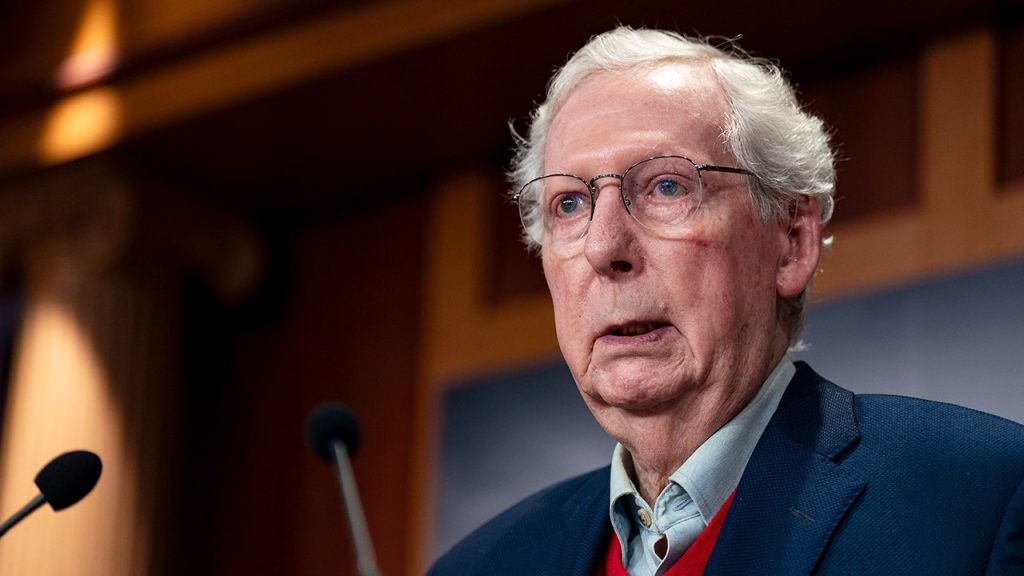Senate Minority Leader Mitch McConnell has predicted that Republicans will win the Senate majority in the 2024 election, ensuring that the filibuster will remain intact. The filibuster allows the minority party to block legislation from advancing by requiring a significant threshold to overcome it, with 60 out of 100 senators needed for cloture. Despite calls from Democrats to abolish the filibuster to advance their priorities, Republicans are expected to defend the minority rights of Democrats to filibuster policies they object to, as highlighted by Sen. Rand Paul’s statement.
Fox News Media contributor Jonathan Turley noted a shift in the political discourse as the idea of ending the filibuster seems to have quieted down, with minority rights becoming a prominent issue in Washington. Some Democrats, like Rep. Cori Bush and Vice President Kamala Harris, have called for eliminating the filibuster to push through key legislations such as codifying Roe v. Wade and expanding the Supreme Court. McConnell, however, remains confident in the filibuster’s security, even as he announced that he would not seek another term as Senate Republican leader, hinting at a potential change in leadership.
With the looming threat of Democrats potentially sweeping the 2024 elections, Sen. Mike Lee warned that if they were to dominate both houses, they could rule America uncontested for the next 100 years. This underscores the significance of the filibuster as a tool to prevent one party from having unchecked power in implementing their agenda. McConnell’s stance on the filibuster suggests that even with a Republican majority in the Senate, there will be a commitment to upholding minority rights and preserving the filibuster as a safeguard against one-party rule.
The historical context of the filibuster dates back to 1975 when the Senate reduced the threshold for cloture from a two-thirds majority to three-fifths of all senators, or 60 out of 100 members. This change was meant to streamline the legislative process while still allowing for robust debate and the protection of minority rights. McConnell’s position on maintaining the filibuster aligns with the Senate’s tradition of ensuring that both parties have a voice in the decision-making process, even if one party holds a slim majority in the chamber.
The debate over the filibuster has become a central issue in Washington, with Democrats advocating for its abolition to enact key legislation, while Republicans are poised to defend its integrity to prevent one-party dominance. The potential shift in leadership within the Senate GOP adds a layer of uncertainty to the future of the filibuster, as McConnell’s replacement may have a different approach to the issue. However, the filibuster remains a crucial mechanism for ensuring that both parties have a say in shaping legislation and preventing a scenario where one party can push through its agenda without opposition.
As the political landscape evolves leading up to the 2024 elections, the fate of the filibuster and its impact on the balance of power in Congress will continue to be a topic of debate. The Republican majority in the Senate, if realized, will likely prioritize defending the filibuster as a means of upholding minority rights and preventing one-party rule. Whether the filibuster will face further challenges in the future remains to be seen, but its role in shaping the legislative process and promoting bipartisanship will be a key factor in the upcoming political climate.













